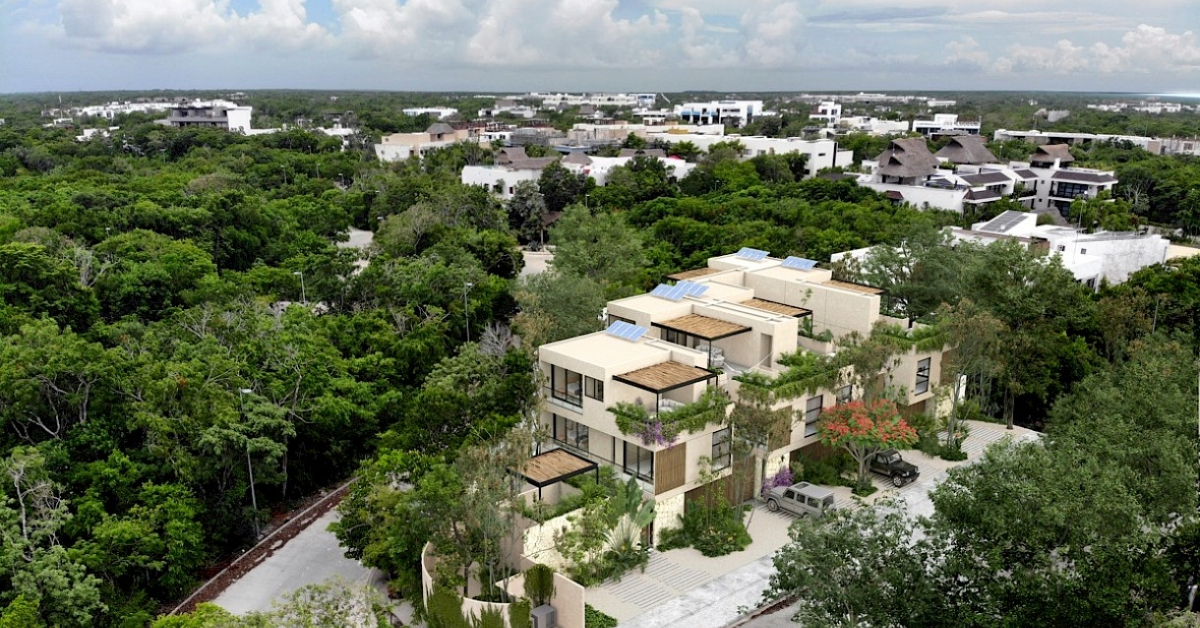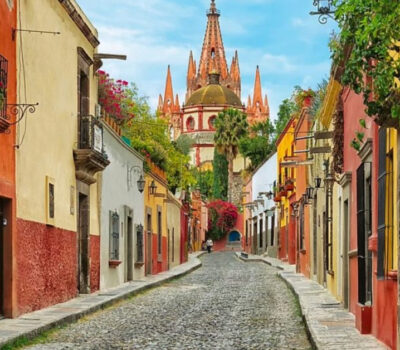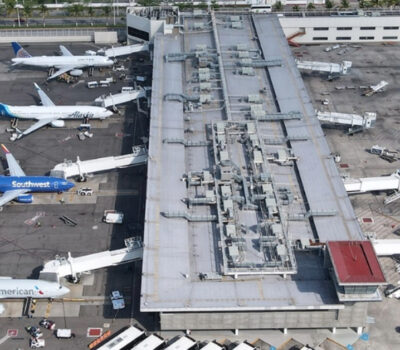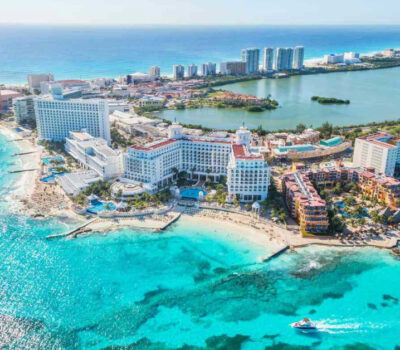A Bloomberg investigation uncovers how unsustainable “real estate Ponzi schemes” in Tulum have left over 200 investors with incomplete developments and empty promises, highlighting the urgent need for audits and stronger industry oversight.
For years, the turquoise shores of Mexico’s Caribbean coast have drawn buyers seeking sun-soaked returns. But a March 2025 Bloomberg exposé has revealed a darker truth: at least 200 international investors have lost their life savings to beach-front projects that were never meant to rise above the sand. The culprit, experts say, is a proliferation of “real estate Ponzi schemes” driven by inexperienced developers and a chronic lack of professional controls.
The pattern is strikingly consistent. Aspiring entrepreneurs secure land grants, commission architectural plans, and drum up initial interest among friends and family. With minimal background in construction or project management, they launch aggressive pre-sales campaigns. As deposits pour in, they break ground—only to encounter delays, cost overruns, and contractor defaults. Rather than pause and recalibrate, these developers divert funds from new projects to prop up the failing ones, creating a cycle of perpetual cash infusion until the entire structure collapses.
Investors recount heartbreaking tales. A Canadian retiree, who entrusted her nest egg to a promised lagoon-side condo, found nothing but half-built foundations and vacant lots. “I believed in the vision,” she told Bloomberg. “Now I’m negotiating with lawyers instead of planning retirement.” Similar stories have emerged from Europe, Asia, and the United States, as buyers discover their contracts hold little leverage once a developer’s cash flow evaporates.
Analysts warn that the root of the crisis lies in minimal regulatory scrutiny. Unlike mature markets, where project milestones trigger staged payments held in escrow, many Mexican Caribbean developments operate on trust and unchecked optimism. Audits—whether internal or third-party—are often dismissed as unnecessary red tape. Yet, without routine budget checks and quality inspections, small hiccups balloon into insurmountable obstacles.
Recognizing the threat, Quintana Roo authorities have proposed mandatory third-party audits for any project over 50 units or valued above $5 million. Simultaneously, a coalition of architects and engineers is lobbying for escrow-based deposit systems, ensuring that buyers’ funds are released only after certified progress. Proponents believe these measures could stem the flow of fraudulent developments and reassure wary investors.
However, implementation faces hurdles. Local governments, eager for tourism revenue, sometimes prioritize rapid approvals over financial safeguards. Developers—particularly startups—argue that additional requirements would stifle innovation and raise costs. Consumer advocates counter that the real cost of failure far outweighs the expense of oversight, pointing to the thousands of jobs and millions of dollars now at risk.
Beyond audits, experts recommend that buyers conduct thorough due diligence before signing on the dotted line: verify land titles with municipal registries, request audited financial statements, and insist on iron-clad completion guarantees. Engaging independent legal counsel and demanding escrow protections can further reduce exposure to bad actors.
In the broader picture, the fallout threatens more than individual fortunes. Real estate development underpins roughly two million Mexican jobs, from construction crews to service providers. As confidence erodes, banks may tighten lending, and legitimate projects could stall—chilling investment in a region long celebrated for its growth potential.
Yet some see a turning point. The current reckoning may usher in a new era of professionalism, where transparency and accountability replace quick-buck schemes. By aligning with international best practices and reinforcing regulatory frameworks, the Mexican Caribbean can rebuild trust and attract sustainable investment.
As high season approaches and the sun-baked beaches prepare for another wave of visitors, the industry faces a choice: persist in the cycle of unfulfilled promises or embrace reform and secure a more stable future. For the thousands of investors left empty-handed, the outcome cannot come soon enough.
A Bloomberg investigation uncovers how unsustainable “real estate Ponzi schemes” in Tulum have left over 200 investors with incomplete developments and empty . . .












